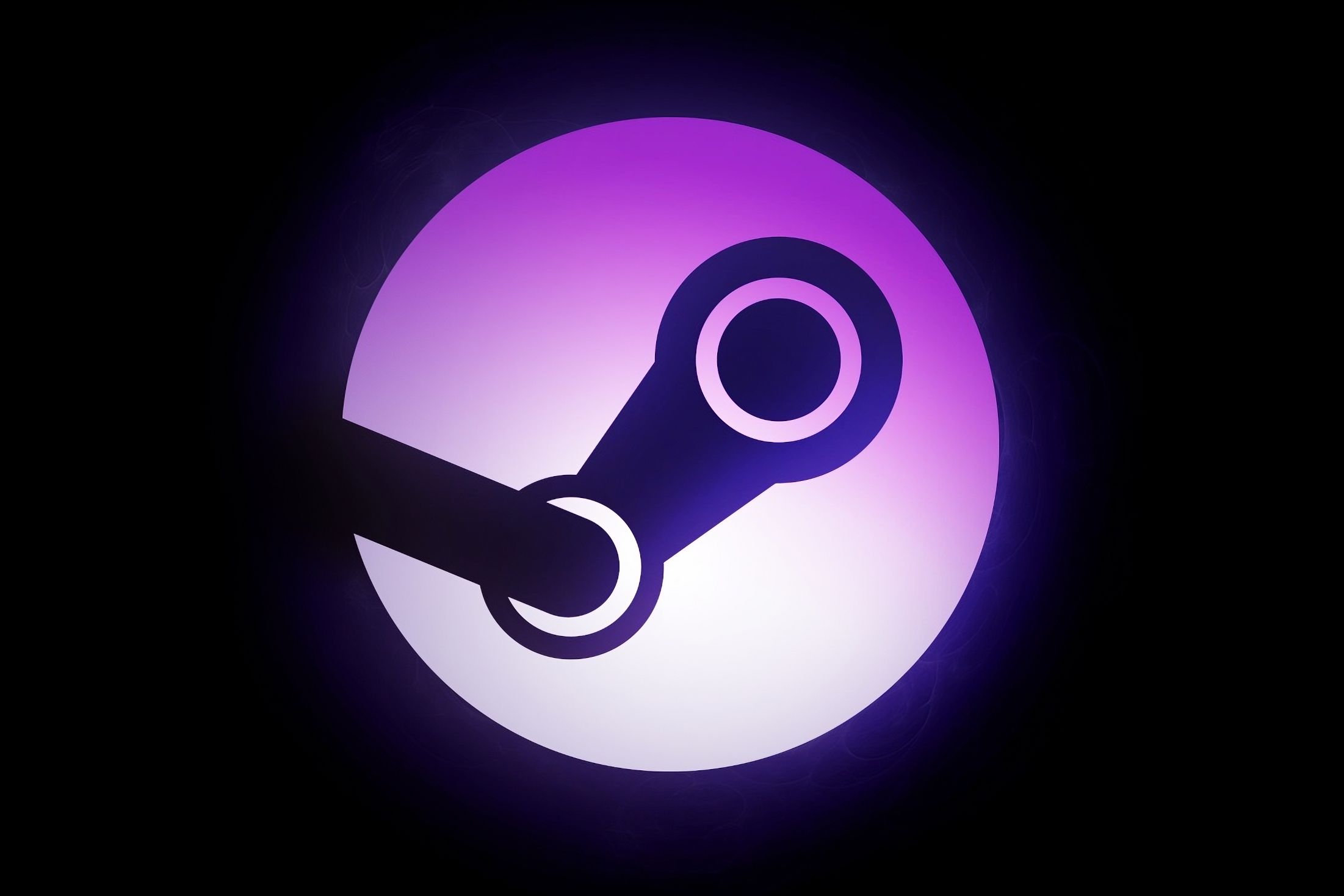Steam Clarifies Ownership Rights Regarding Purchased Games and Digital Licenses
In a groundbreaking move, Steam, the popular digital distribution platform for computer games, has recently updated its stance on ownership rights pertaining to the games and content purchased by users. This clarification has sent ripples through the gaming community, raising questions and discussions about digital ownership and what it truly means in the age of online gaming.
The Historical Context of Digital Ownership
When gamers first embraced digital distribution, many welcomed the convenience it offered—instant access to vast libraries of games and the ability to play them on multiple devices. However, this ease of access came with a complex set of ownership rights that often left users in a state of confusion. Unlike physical game ownership where a tangible product can be exchanged or resold, digital licenses operate under different legal parameters.
Understanding Digital Licenses
Digital licenses function similarly to a lease agreement. When you purchase a game on Steam, you are essentially granted a license to use that game, rather than owning it outright. This distinction is critical because it influences what users can or cannot do with their purchased games.
License Terms
The traditional license granted by Steam allows users to:
- Download and play the game.
- Access updates and downloadable content.
- Use the game as long as it remains part of the Steam library.
However, users cannot:
- Transfer or sell the game to another user.
- Use the game outside of Steam's ecosystem.
- Replicate or share the game illegally.
Recent Clarifications from Steam
Steam's recent clarification serves as a reminder to users about the intricacies of digital ownership. According to the updated terms, users are reminded that their purchased games continue to be licensed, not owned. This means that the rights granted are bound by the platform’s terms of service, which can change. Such changes can impact access to games, especially in cases where licenses are revoked or updated.
The Importance of Acknowledging Licensing Terms
Understanding these licensing terms is crucial. If a game is removed from Steam for any reason, users may lose access even if they have paid for it. Thus, it is important for gamers to stay informed about what their licenses permit and what rights they truly hold. Steam has reiterated that this is a common practice across digital distribution platforms, not just specific to their service.
The Implications for Gamers
For gamers, this updated clarity from Steam raises several implications. Many will need to reconsider how they view their collections and the long-term viability of owning digital games. As issues concerning digital rights management (DRM) continue to grow, users should take proactive steps in guarding their digital libraries.
Backup and Preservation Strategies
To navigate these challenges, gamers can adopt several strategies:
- Regular Backups: Always keep backups of downloaded games on external storage. This won't circumvent licensing agreements but ensures that you can restore them if ever needed.
- Stay Informed: Regularly check Steam updates and news to stay informed about changes that may impact your game library.
- Engage with the Community: Stay connected with online forums and discussions to learn about shared concerns and solutions with fellow gamers.
Future of Digital Game Ownership
The conversation on digital ownership is evolving as platform holders like Steam reassess their policies. As technology advances, so too do user expectations regarding ownership rights. With an increasing number of games being released exclusively on digital platforms, these discussions will shape the landscape of gaming in years to come.
The Role of Consumer Advocacy
Consumer advocacy groups are beginning to push back against the ambiguous nature of digital ownership. The absence of clear legal definitions surrounding 'ownership' in digital spaces could lead to significant changes in how companies like Steam approach their licensing agreements. Gamers are encouraged to voice their opinions and engage in dialogues that may influence future policies.
Legal Landscape for Digital Rights
Simultaneously, the legal ramifications of digital ownership are under scrutiny. Recent court cases and litigation surrounding digital rights are pushing legal systems to define ownership more clearly. This includes cases where users have contested the revocation of access to games they legally purchased. The outcomes of these cases could reshape industry standards.
Potential Legislative Changes
As lawmakers consider how to manage digital assets, there is potential for new legislation to emerge. Discussions surrounding the Digital Millennium Copyright Act (DMCA) and copyright laws are on the table, which might amend how digital licenses are viewed legally. If successful, these changes could lead to a new era of digital ownership that protects consumer rights.
Community Reactions
The response from the gaming community has been mixed. While some embrace the transparency from Steam, others feel concerned about the erosion of ownership rights in the digital age. User forums have become a hotbed for discourse, with many expressing their desire for more robust protections for digital property.
Protecting User Interests
To better protect their interests, users are encouraged to:
- Read Terms of Service: Understanding the legal agreements before making purchases can save users from potential pitfalls.
- Participate in Feedback Loops: Engaging with platform feedback systems can aid in shaping future changes.
- Advocate for Change: Supporting organizations that fight for digital rights can amplify the call for stronger consumer protections.
Conclusion
As we explore the complexities of digital ownership and licensing, Steam's recent clarifications serve as a crucial reminder of the evolving nature of rights in the digital world. With the community remaining engaged and informed, the future of gaming ownership will undoubtedly continue to be a topic of significant importance. The landscape is shifting, and with it, so are the expectations of consumers who want clarity, transparency, and true ownership of their digital libraries.
